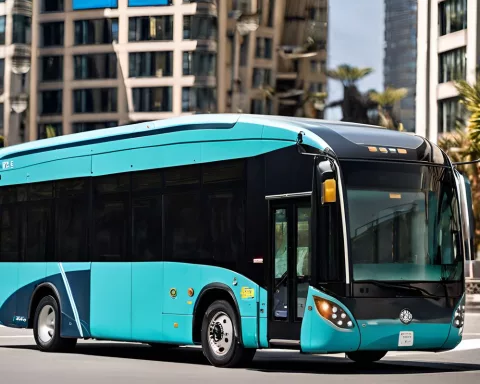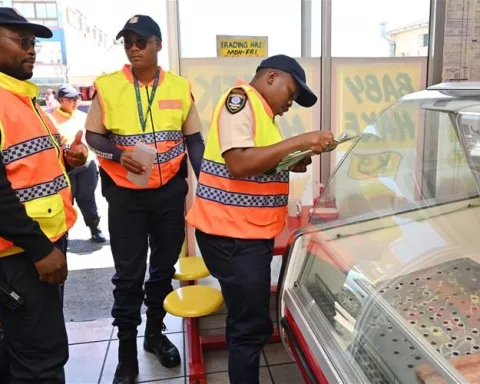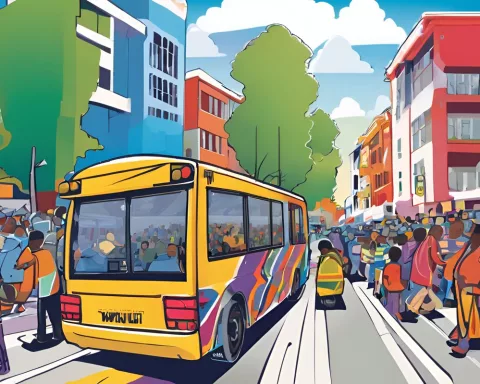The City of Cape Town and the Western Cape Mobility Department and Public have recently announced that 1,296 new metered-taxi operating licenses are still available to those in the industry. The City lifted a two-year moratorium on new applications for metered-taxi operating licenses in February 2023.
License Applications and Processing Status
The Provincial Regulatory Entity (PRE) has received 1,974 applications for new metered-taxi operating licenses through various application platforms. Of these, 112 applications have been granted; the remaining pending applications will be processed within the next few weeks.
The Importance of Holding Valid Operating Licenses
All public transport service providers must hold valid operating licenses to transport commuters. Operating without a valid operating permit can result in fines or vehicle impoundment. Councillor Rob Quintas, the City’s Mayoral Committee Member for Urban Mobility, emphasizes that there is no excuse to operate illegally, given that nearly 1,300 operating licenses are still available. He urges operators to submit their applications to the PRE immediately.
Compliance with License Conditions
Western Cape Minister of Mobility, Ricardo Mackenzie, stresses the importance of being licensed and complying with all license conditions to ensure that passengers can get to work and school safely. He commends the Mobility Department and PRE for using innovation and technology to improve systems and processes. Operators still determining the status of their operating licenses can contact the Western Cape Mobility Department for assistance.
Lifting the Moratorium
The City of Cape Town imposed a moratorium on new metered-taxi operating licenses in February 2021. In the following two years, the City evaluated the demand for metered-taxi services within the metro, rationalized existing services, and reviewed changes to legislation and policy related to metered-taxi services. These processes concluded in December 2022, and in February 2023, the City notified the PRE of its intention to lift the moratorium.
Standardized Metered-Taxi Authorities
The PRE standardized the metered-taxi authorities to allow license holders to provide any metered-taxi service from a rank, commercial base, or e-hailing platform within the boundaries of the City of Cape Town. This provides more flexibility for operators and increased options for commuters. The City of Cape Town hopes that lifting the moratorium and issuing new licenses will increase market competition and improve commuters’ service quality.












